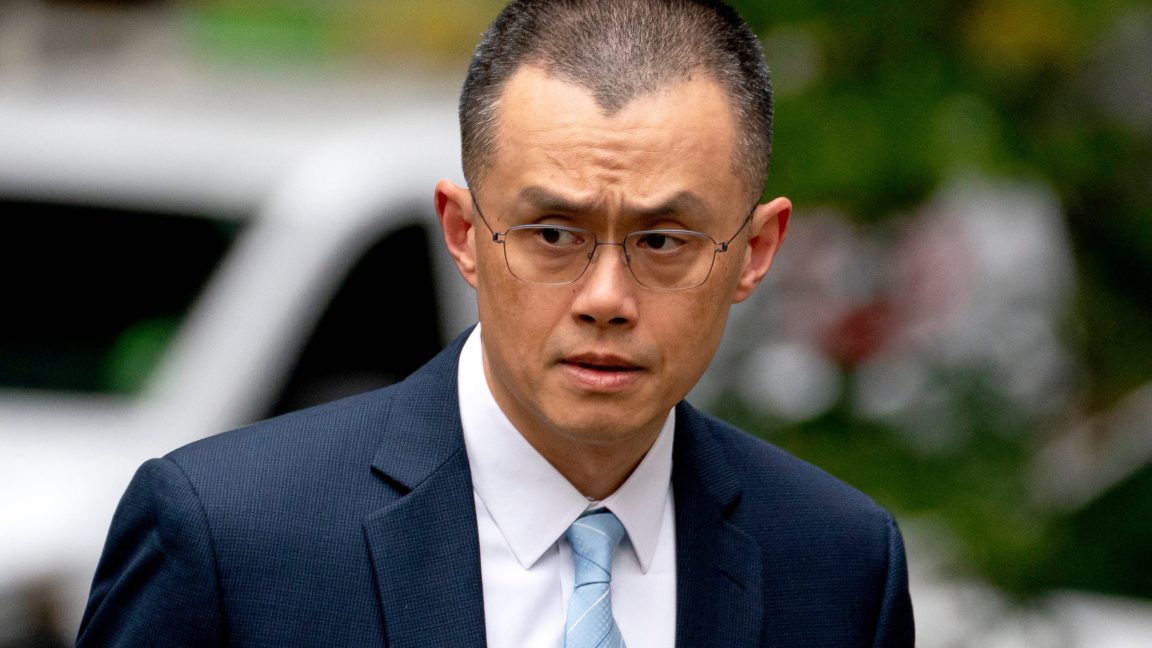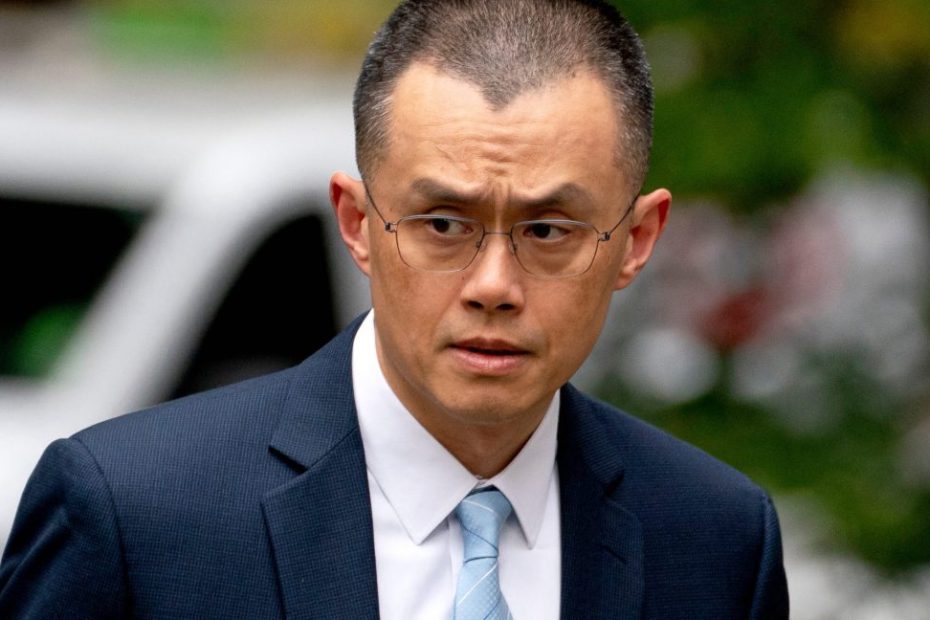
The lawsuit further alleges that while FTX was in freefall, Zhao sent additional false tweets, intended in part to prevent FTX from seeking and obtaining alternative financing to cauterize the run on the institution by customers misled by the tweets . Collectively and individually, these false public statements destroyed value that could otherwise be recovered by FTX's stakeholders.
Binance calls lawsuit 'worthless'
On November 8, 2022, Bankman-Fried and Zhao agreed to a deal whereby “Binance would acquire FTX Trading and inject sufficient capital to address FTX's liquidity issues,” according to the lawsuit. But the next day, Binance published tweets saying it was withdrawing from the deal “as a result of corporate due diligence.”
When Zhao agreed to the deal on Nov. 8, he “had already been informed of the 'mishandled' customer funds during his conversation with Bankman-Fried,” the lawsuit said. “This is contrary to Binance's statement in the November 9 tweets that it learned that fact after entering into the letter of intent. Moreover, Zhao was also aware that the debtors were insolvent when he entered into the letter of intent.”
In the 24 hours between the November 8 agreement and the November 9 tweets, “no new material information was provided to Zhao and Binance in the diligence process that would have revealed new issues,” forcing Binance to terminate the deal, the lawsuit said.
Binance said it will fight FTX's lawsuit. “The claims are meritless and we will vigorously defend ourselves,” a Binance spokesperson said in a statement to Ars.
Defendants also included “Does 1-1,000,” people who allegedly received fraudulent transfers in 2021 and “whose real names, identities, and abilities are currently unknown to Plaintiffs.” FTX seeks recovery of fraudulent transfers from all defendants. FTX also asked the court to award damages and find that Binance and Zhao committed fraud, damaging lies, intentional misrepresentation and unjust enrichment.

